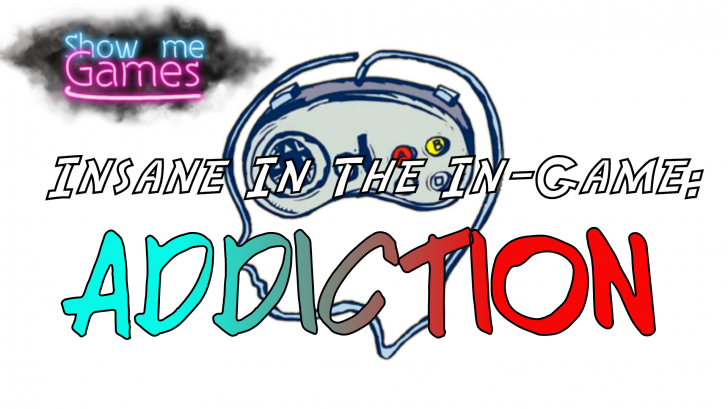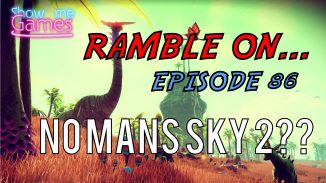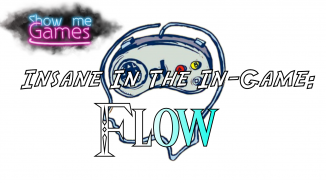Insane in the In- Game: A Series on the Psychology of Gaming
This is an Intervention Jerry
So, you know when you’re joking around with your friends right, and you exclaim that video games are like crack, and laugh, before realising that you have no friends, and you’re talking to yourself, again? No? Er, ok, well today I’d like to talk gaming addiction, many of us have been there, I know I have, there’s a reason World of Warcraft is nicknamed Warcrack, but did you know just how similar the addiction to games is to, well, all other addictions? If the answer is yes, you’re too smart, get away before you give me anxiety, if the answer is no, then read on, fellow addict.
First, allow me to regale you a tale of my youth, when I was a 17 year old college student. I was bought the game World of Warcraft by my partner as a means of communication, ‘How interesting’ I thought, staring at the bouncing jubblies of my Night Elf Hunter, I started by playing in the evenings, at times when I would normally be on messenger to communicate with my better half. However, things quickly escalated, I levelled my first character to level 60 in two weeks, which, if you played Vanilla WoW, you’d know that this is quite fast, before I knew it, I was spending all day on there, grinding rep with factions, or fighting in the epic battlegrounds that lasted days, or trolling trade, but that’s another story. This game very easily caught me in its loving embrace for a number of years, and although I have made some solid friendships that last to this day, they are hours that I’ll never get back. I did pass my College course by the way, just.
 Don’t worry, I rerolled Horde
Don’t worry, I rerolled Horde
As I’ve mentioned briefly in my article on Cognitive flow, a good game has mechanisms that reward us when we achieve goals within the construct, which then gives us the motivation to continue playing, this varies from game to game, it could be a trophy for your profile, a prestige level, or gear to enhance your character in ways you could never begin to imagine. The reward system is a group of neurological structures in the brain that are responsible for the motivation and drive at achieving a goal for the reward, which therefore condition us through associative learning. We learn that when we hit that target, we feel good for it, that is thanks to the mesolimbic dopamine pathway, Dopamine is also what is released when partaking in other addictive activities, gambling, even sex, albeit through slightly different ways, isn’t that just fascinating?
Now, when we figure out that levelling up in a game, or getting a win in PVP triggers our reward system to go a bit crazy, we start to crave it more, and more, until it’s all we think about, and sadly for some, all we do. You might think it absurd that people have died playing video games, but when you place the addiction of gaming in the same context as drugs, it’s not really a big surprise, well, ok, maybe getting top ranked in a game isn’t so similar as your heart giving out on Cocaine, but depriving yourself of food, drink, and sleep will eventually lead to an irreversible case of deadness.
Although most would believe that it’s mostly your MMO’s that lead to addiction, a never-ending game with real people who rely on you to win amps up that need to git good, this doesn’t mean that you’re not going to get hooked on other games either, you too can get addicted, mortal human with normal life and job. Achievement points, high scores and completion bonus can all lead us down the dark path of no return, even if it is a solo mission into addiction, the impact can be just as devastating, it’s the motivators yet again to achieve, to beat your personal best that trigger the reward system and keep you going.













